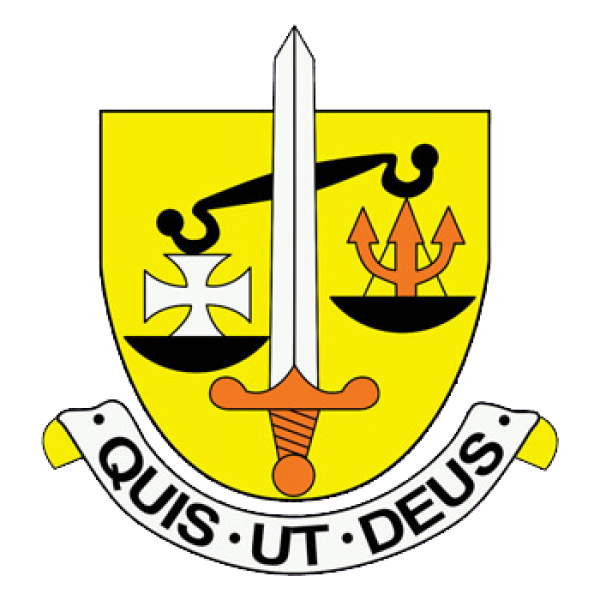Year 12 Physics the Year of Quantum at the Houses of Parliament
Alexandra C in Year 12 writes:
On Wednesday 18th July, I spent a day of my work experience with the Institute of Physics (IOP) attending their Year of Quantum event at the Houses of Parliament. It was an unforgettable experience that brought the topics I’ve been studying in A-level Physics to life, and made me realise just how deeply physics connects with technology, philosophy, and even politics.
Throughout the day, I had conversations with experts from Quantinuum, the IOP and top university researchers. During my conversation with an expert from Quantinuum, I learned about the quantum computers they’re developing and how they use lasers to cool quantum chips down to almost absolute zero. In class, we’ve been learning about photons, the photoelectric effect, and wave-particle duality, but seeing real world applications of quantum theory, like quantum bits (qubits) and quantum interference, gave those concepts a new level of depth and meaning. Perhaps most compelling were the conversations around the philosophical implications of quantum computing.
I also got involved in setting up the IOP’s new LEGO interferometer, a hands-on experiment designed to engage Year 12 students in quantum physics in a more practical and creative way. The interferometer demonstrates principles like wave superposition and interference, concepts we’ve been learning about in school using light and electron diffraction. In lessons, we studied the de Broglie equation and how electrons can show wave-like behaviour, and the interferometer project effectively illustrated those principles through a clear and engaging visual model. Beyond science, the event highlighted how politics and physics are interconnected.
From studying Planck’s constant and the photoelectric effect to seeing real-life quantum computers and speaking to the people behind them, this experience highlighted how deeply physics intersects with wider societal, technological, and philosophical questions. It demonstrated that understanding scientific developments is vital not only for innovation, but for shaping thoughtful and responsible decisions about the future.

